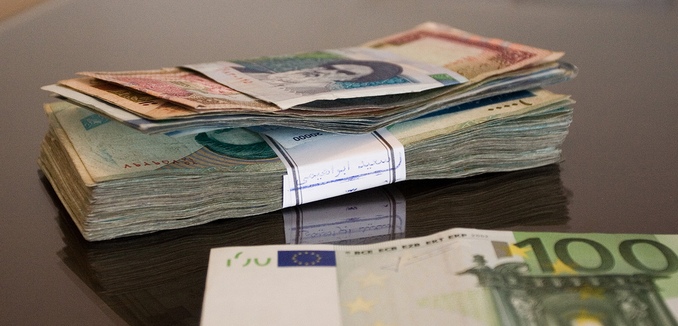The nuclear deal with Iran will further enrich the country’s Supreme Leader, Ayatollah Ali Khamenei, by freeing the organization through which he built his personal fortune from international sanctions, Jonathan Schanzer, a former Treasury Department official who is now the vice-president of research for the Foundation of Defense of Democracies (FDD), and Mark Dubowitz, the executive director of FDD, wrote today in an op-ed in The New York Post.
According to the deal, within six to 12 months, Treasury will de-list more than three dozen banks, oil companies and other investments belonging to the Execution of Imam Khomeini’s Order, a k a EIKO. Reportedly worth more than $95 billion, EIKO is controlled by the supreme leader. …
Treasury slapped sanctions on EIKO and its subsidiaries back in June 2013, noting that the purpose of EIKO was “to generate and control massive, off-the-books investments, shielded from the view of the Iranian people and international regulators.” …
A closer look at EIKO reveals that it maintains a stranglehold on the Iranian economy. The value of EIKO’s real-estate portfolio totals nearly $52 billion. EIKO’s investment arm is worth $40 billion. Its stakes in publicly traded companies total nearly $3.4 billion.
According to one Obama administration official quoted by Schanzer and Dubowitz, the Iranian officials who operate EIKO “profit from a shadowy network of off-the-books front companies . . . the Iranian government’s leadership works to hide billions of dollars in corporate profits earned at the expense of the Iranian people.”
The sanctions on EIKO were imposed “to shield the US-led global financial sector from Iran’s vast network of financial criminals and their illegal transactions.” Lifting the sanctions on EIKO, which could happen within the year, will mean that “Khamenei will be free to invest billions around the world with impunity.”
In addition to enriching Khamenei, sanctions relief will provide a massive financial boon to Iran’s Islamic Revolutionary Guard Corps (IRGC), which is in charge of enforcing Iran’s revolution domestically and exporting it abroad, and already controls one-sixth of Iran’s economy. Two individuals who have been sanctioned for terrorism, General Qassem Suleimani and Anis Naccache, will see the sanctions against them lifted as part of the deal.
[Photo: Ivar Husevåg Døskeland / Flickr ]




